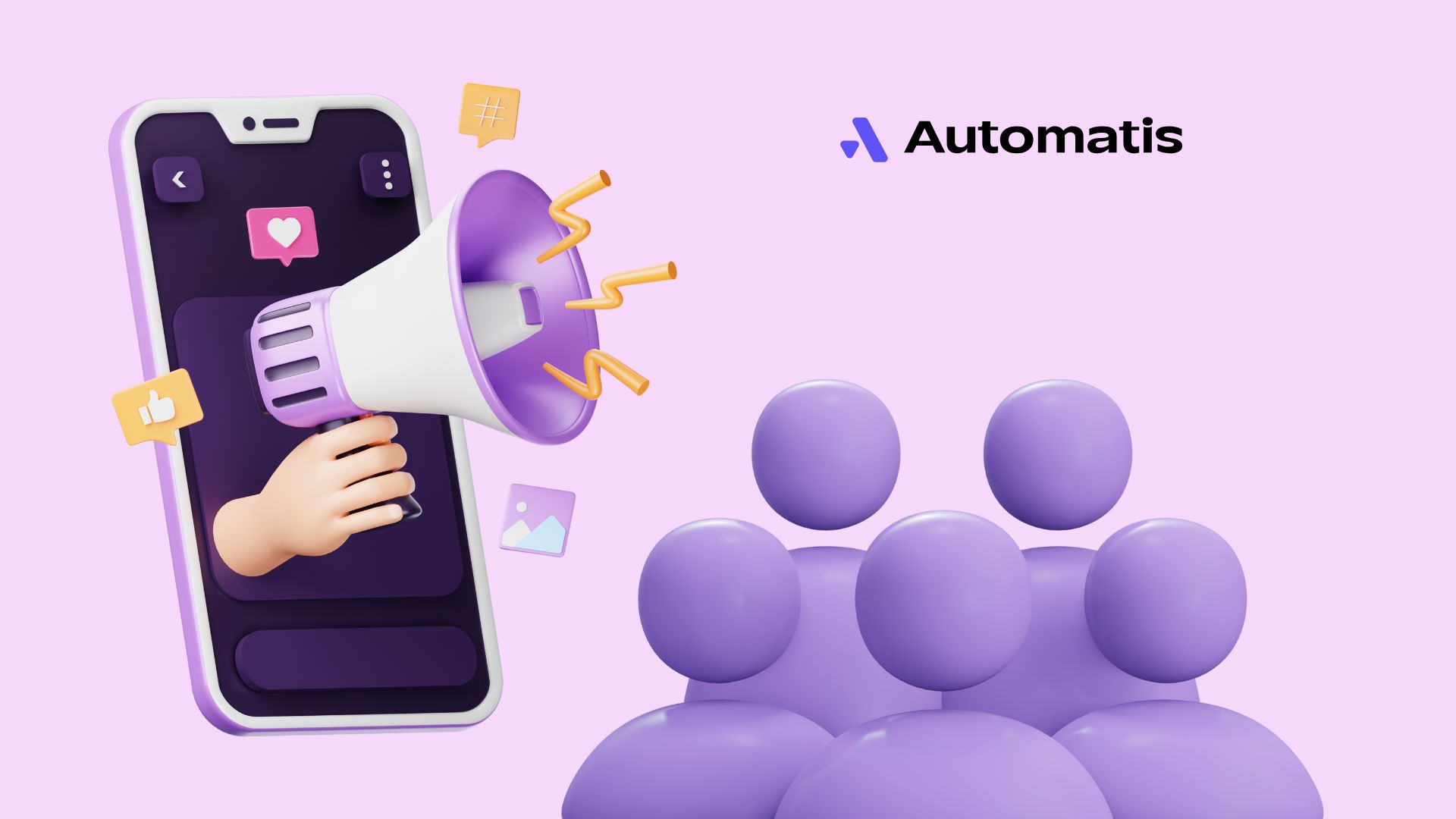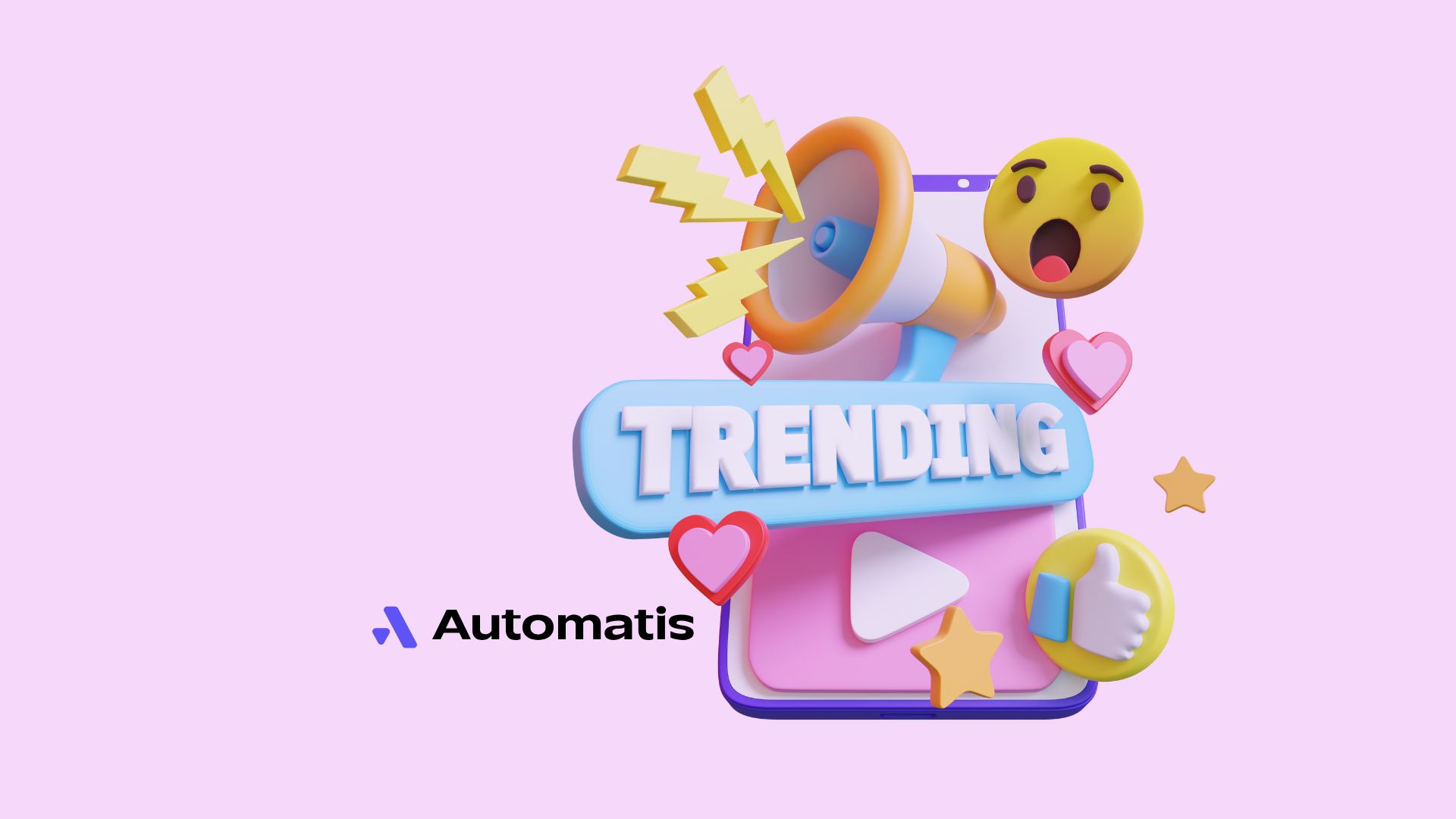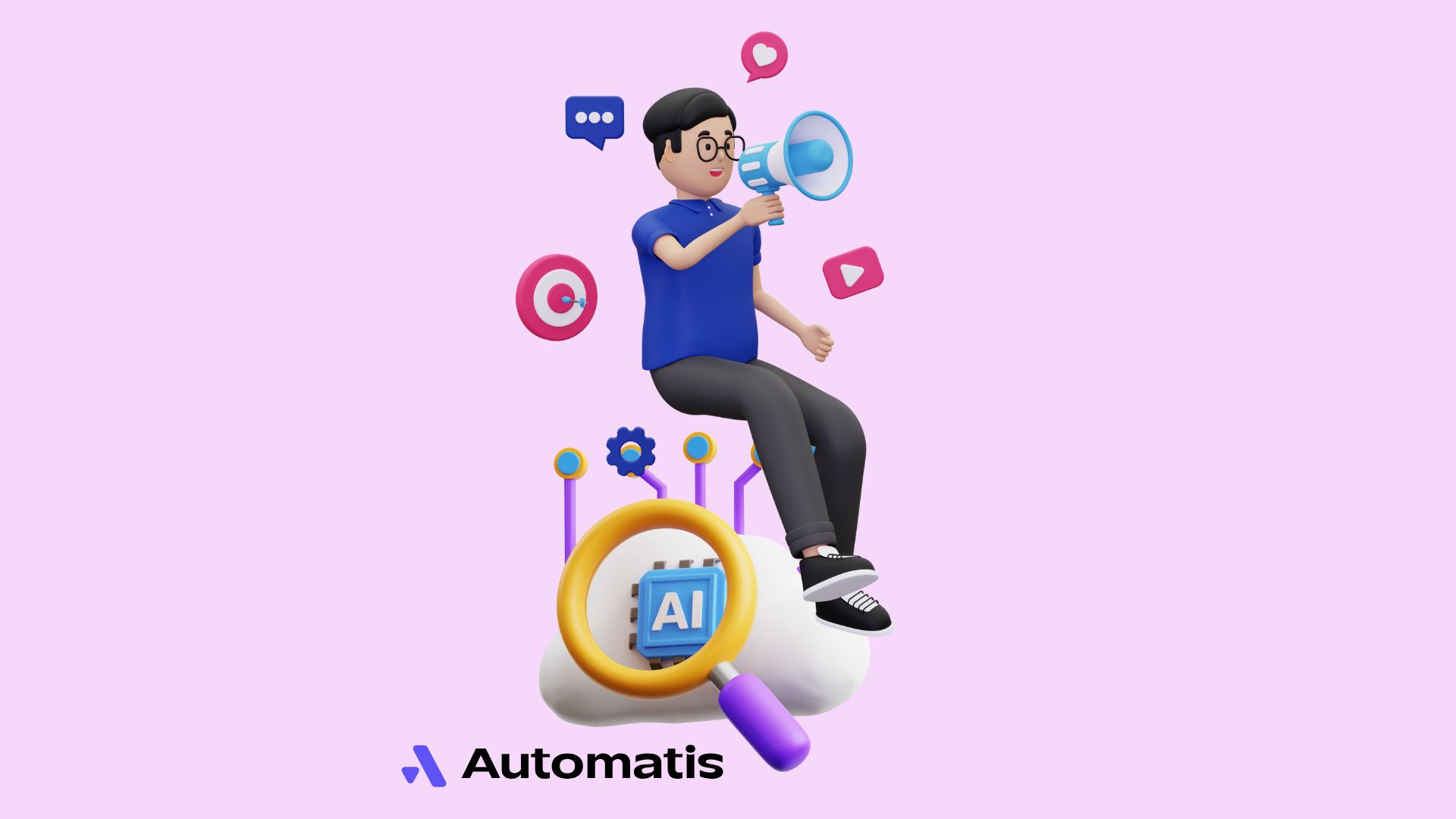In the fast-paced world of social media, capturing the attention of customers requires more than generic content and one'size-fits-all messaging. Personalization has emerged as a game-changer, enabling businesses to build meaningful connections by addressing individual customer needs and preferences. However, the challenge lies in achieving personalization at scale without exhausting resources. Enter automation-a technological marvel that bridges the gap, making it possible to deliver tailored experiences to millions of users seamlessly.
The Evolution of Customer Engagement on Social Media
Early Days of Social Media Marketing
In its infancy, social media marketing revolved around basic strategies like posting updates and running ads without much segmentation. The approach was broad, with minimal targeting, resulting in missed opportunities for genuine customer engagement.
The Rise of Personalization
As consumers became more digitally savvy, their expectations shifted toward customized experiences. Social media platforms began to collect and analyze vast amounts of user data, enabling businesses to create personalized content. With advancements in artificial intelligence (AI) and machine learning, tailoring campaigns to individual preferences became more achievable, setting the stage for today's highly personalized interactions.
The Role of Automation in Personalization
Understanding Automation in Social Media
Automation refers to the use of AI, machine learning, and other tools to perform repetitive tasks, analyze data, and deliver personalized experiences efficiently. From scheduling posts to curating dynamic content, platforms like HubSpot, Hootsuite, and Sprout Social are revolutionizing how brands interact with audiences.
Benefits of Automation in Social Media Engagement
-
Efficiency: Automation reduces manual effort, allowing teams to focus on strategy and creativity.
-
Consistency: Ensures timely responses and consistent messaging across platforms.
-
Scalability: Makes it feasible to personalize communication for large audiences without added costs.
-
Improved Experience: Creates a seamless customer journey through tailored touchpoints.
Techniques for Personalized Customer Engagement
Data-Driven Personalization
Data analytics plays a pivotal role in personalization. By analyzing customer demographics, behavior, and interests, brands can craft campaigns that resonate with their audience. Tools like Google Analytics, Facebook Insights, and CRM software are vital for extracting actionable insights.
Dynamic Content and Messaging
AI-driven tools enable brands to adapt content dynamically based on user interactions. For example, e-commerce brands can showcase personalized product recommendations, while marketers can send custom emails addressing a user's specific preferences.
Chatbots and Conversational AI
Chatbots have become indispensable for brands aiming to enhance real-time interactions. These AI-powered assistants handle customer queries, provide recommendations, and even drive sales-all while maintaining a personal tone.
Success Stories of Automation-Driven Personalization
Many global brands have harnessed automation to create impactful campaigns. For instance:
-
Spotify: Personalized playlists and recommendations based on user preferences.
-
Netflix: Leveraging AI to suggest shows and movies tailored to individual tastes.
-
Sephora: Chatbots that provide personalized beauty advice.
Each of these examples underscores the power of combining data, AI, and creativity to build lasting customer relationships.
Challenges and Limitations
Over-Reliance on Automation
While automation offers immense benefits, relying solely on it can backfire. Automated responses, for example, might fail to address unique customer concerns, leading to frustration. This impersonal nature can alienate customers who expect genuine human interaction in certain scenarios. Striking a balance between automation and human intervention is crucial to maintaining authenticity in customer relationships.
Privacy Concerns
Personalization relies heavily on user data, raising concerns about privacy and security. Customers are increasingly aware of how their data is collected and used, making transparency and compliance with data protection regulations (like GDPR and CCPA) essential. Brands must ensure they handle data responsibly and communicate clearly about how it is being used to enhance the customer experience.
Best Practices for Scaling Personalization with Automation
Aligning Tools with Brand Goals
Not all automation tools are created equal. Businesses should carefully select platforms that align with their specific goals and audience needs. For instance, a retail brand might prioritize AI-driven product recommendations, while a service-oriented company could focus on chatbot integrations for customer support.
Ensuring a Human Touch in Automated Processes
Automation should complement human efforts, not replace them. Integrating personalized elements like using a customer's name, referencing past interactions, or offering empathetic responses ensures that automation feels warm and genuine. Regularly monitoring automated processes also helps to identify areas where human oversight is needed.
Regularly Updating and Optimizing Strategies
Social media trends and consumer behaviors evolve rapidly. Businesses must regularly review their automation strategies, update tools, and experiment with new approaches to stay ahead. This includes A/B testing personalized content to determine what resonates best with the audience.
The Future of Personalization and Automation
Emerging Technologies to Watch
The future of personalization is bright, with technologies like augmented reality (AR), virtual reality (VR), and voice AI gaining traction. These innovations have the potential to revolutionize customer engagement by providing immersive, hyper-personalized experiences. Imagine trying out products virtually or receiving voice-activated shopping assistance tailored to your preferences.
Predictions for the Next Decade
As AI and machine learning algorithms become more sophisticated, personalization will reach unprecedented levels. Predictive analytics will allow businesses to anticipate customer needs before they arise, creating proactive engagement strategies. Furthermore, we can expect tighter integration of automation with omnichannel marketing, ensuring a seamless customer experience across all touchpoints.
Conclusion
Personalization at scale is no longer a luxury-it's a necessity for brands aiming to thrive in today's competitive landscape. By leveraging automation, businesses can deliver tailored experiences that foster deeper connections and enhance customer satisfaction. However, it's essential to maintain a human touch, prioritize privacy, and continually optimize strategies to keep pace with changing customer expectations. The future of social media engagement lies in the perfect blend of technology and empathy-a recipe that will drive brand loyalty for years to come.









